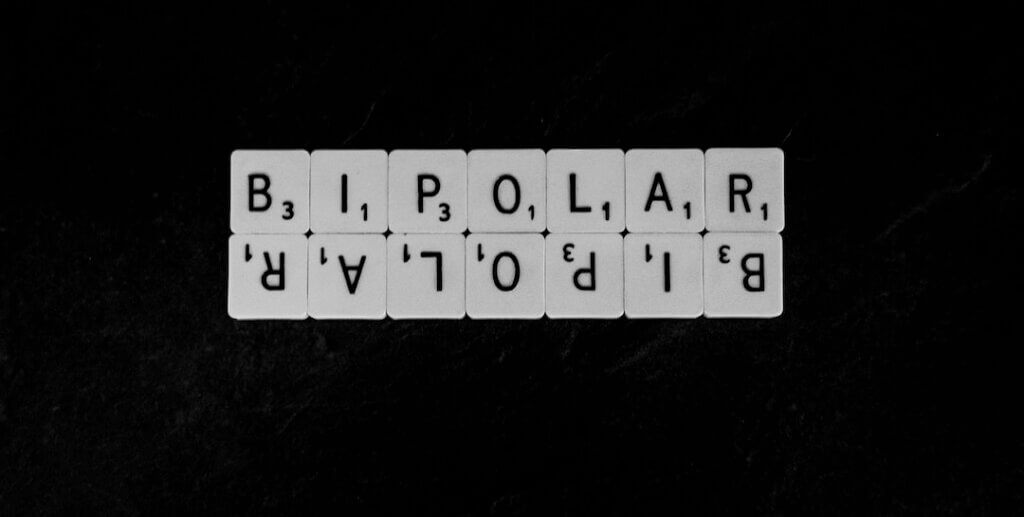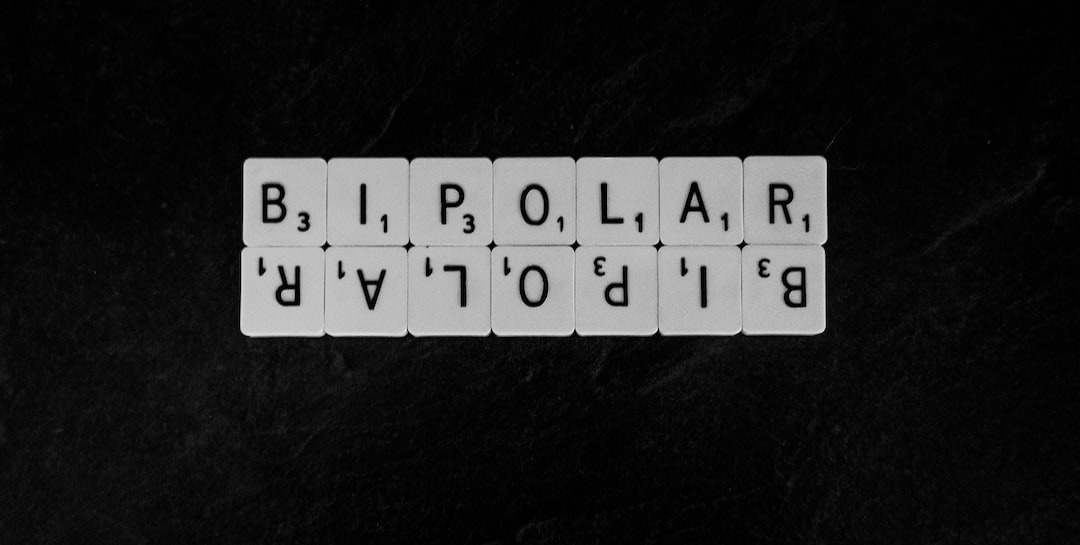 15Mental health disorders and substance use are often intimately intertwined, with each individual needing to address the effect of substance use and these disorders in tandem throughout their healing journey. However, for those overcoming the impact of bipolar disorder, addressing the use of addictive substances is even more paramount. Identifying the signs and symptoms of bipolar disorder, understanding how they can be exacerbated through substance use, and preparing for the additional challenges that addictive substances can present are all paramount to pursuing the most effective treatment possible. The Redpoint Center’s Glenwood inpatient rehab is primed to help each individual begin their journey to a healthy and fulfilling sober life.
15Mental health disorders and substance use are often intimately intertwined, with each individual needing to address the effect of substance use and these disorders in tandem throughout their healing journey. However, for those overcoming the impact of bipolar disorder, addressing the use of addictive substances is even more paramount. Identifying the signs and symptoms of bipolar disorder, understanding how they can be exacerbated through substance use, and preparing for the additional challenges that addictive substances can present are all paramount to pursuing the most effective treatment possible. The Redpoint Center’s Glenwood inpatient rehab is primed to help each individual begin their journey to a healthy and fulfilling sober life.
Identifying the Effects of Bipolar Disorder
Mental health disorders of any kind are difficult to process, and there is no easy or straightforward way to address mental health needs. However, bipolar disorder can present uniquely challenging situations to overcome. Bipolar disorder is a mood disorder that can vary from person to person, with professional treatment being necessary to understand the various effects of bipolar disorder on each individual. However, identifying the common signs and symptoms of bipolar disorder is the first step in pursuing effective healing at The Redpoint Center at Glenwood Springs. Some of the common symptoms may include:
- Drastic mood swings, moving from periods of elation to intense depression
- Sudden increases in energy or hyperactivity
- Impulsive or rash behaviors
- Increase in risk-taking behavior
- Difficulty managing an emotional state
- Intense depressive symptoms, such as sudden lack of energy, focus, or motivation
Those overcoming bipolar disorder may move rapidly from manic episodes of increased energy, racing thoughts, impulses, inability to sleep or lack of need for sleep, and more to intense depressive episodes, marked by not just a lack of energy, but also feelings of worthlessness, doubt, guilt, and more. Professional treatment to address the various challenges of bipolar disorder is paramount to creating an effective and personalized recovery plan.
However, the need for professional treatment can be further informed by the use of addictive substances like drugs or alcohol. Understanding the connection between these substances and bipolar disorder is the first step in creating an effective treatment plan at The Redpoint Center.
The Effects of Substance Use
Bipolar disorder is already challenging enough to overcome. Many of those experiencing bipolar disorder may look to any outlets possible to mitigate its symptoms and effects on their emotional health, with the use of drugs or alcohol being a common method in which to attempt to self-medicate. For some, the use of these substances may be considered to address intense feelings of depression during depressive episodes or to cope with feelings of helplessness, suicidal ideation, or other challenges, while others may turn to these substances to address racing thoughts or impulses prevalent during manic episodes.
While common, the use of these substances can have destructive effects on an individual’s physical and mental health. Even if an individual feels better in the moment by using drugs or alcohol to push down these intense feelings, their use does little to actually process the effects of bipolar disorder, and can even further worsen its symptoms with continued use, leading to addiction and co-occurring disorders.
Increased Emotional Turmoil
The use of drugs or alcohol to address emotional needs often results in the opposite effect. Any temporary perceived relief quickly fades, and an individual is still left without the skills to actually navigate the challenges present. Coupled with the effects of addictive substances, the use of drugs or alcohol can often bring further feelings of anxiety, depression, stress, and more, compounding the emotional challenges already present and making it both further difficult to manage the effects of bipolar disorder while introducing additional challenges.
Developing to Dependence
Those challenged by bipolar disorder may also be at an increased risk of developing substance use disorder or dependence on these substances. Between increased risk-taking behaviors, compromised sense of self-worth, and more, the use of drugs or alcohol can be dangerously normalized, and an individual may not recognize their increasing need to engage with these substances. An individual may also need to engage with more and more of these substances in order to continue to quell the effects of bipolar disorder, leading to increased use and addiction.
Addressing substance use disorder (SUD) in a professional program is paramount, especially while also continuing to address each person’s needs and goals in overcoming bipolar disorder. Comprehensive outpatient treatment at The Redpoint Center is prepared to address both SUD and bipolar disorder in tandem for genuinely effective and transformative healing.
The Need for Comprehensive Treatment to Overcome Bipolar Disorder
A comprehensive approach to healing is paramount for sustained sobriety and success in recovery. Addressing the emotional effects of bipolar disorder without creating a plan to address substance use can leave those in recovery with continuing to worsen symptoms of substance use while stifling otherwise effective attempts to treat the effects of bipolar disorder.
Likewise, addressing a person’s relationship with addictive substances without addressing how bipolar disorder may have informed such use can leave an individual at an increased risk of relapse if the challenges of bipolar disorder are still prevalent. Truly integrated and proven comprehensive treatment plans to address bipolar disorder and substance use in tandem is paramount. The Redpoint Center’s Glenwood Springs location is prepared to address these mental health challenges, substance use, and their profound relationship with each other through proven strategies, professional staff, and a community of peers all committed to the same kind of transformative outpatient treatment.
Bipolar disorder is an incredibly difficult and complicated mood disorder that demands professional treatment. However, it can be further exacerbated by the use of drugs or alcohol, with additive substances informing further mental health challenges, behaviors, and more. At The Redpoint Center, we are committed to creating an integrated and effective approach to overcoming bipolar disorder and substance use in tandem for truly effective healing. Our proven outpatient treatment programs serving all across Colorado are designed to address mental health, substance use, and their intimate relationship, all while personalizing each program and supporting you with a community of peers and professionals alike. For more information on how we can address bipolar disorder and substance use, call (303) 710-8496.



